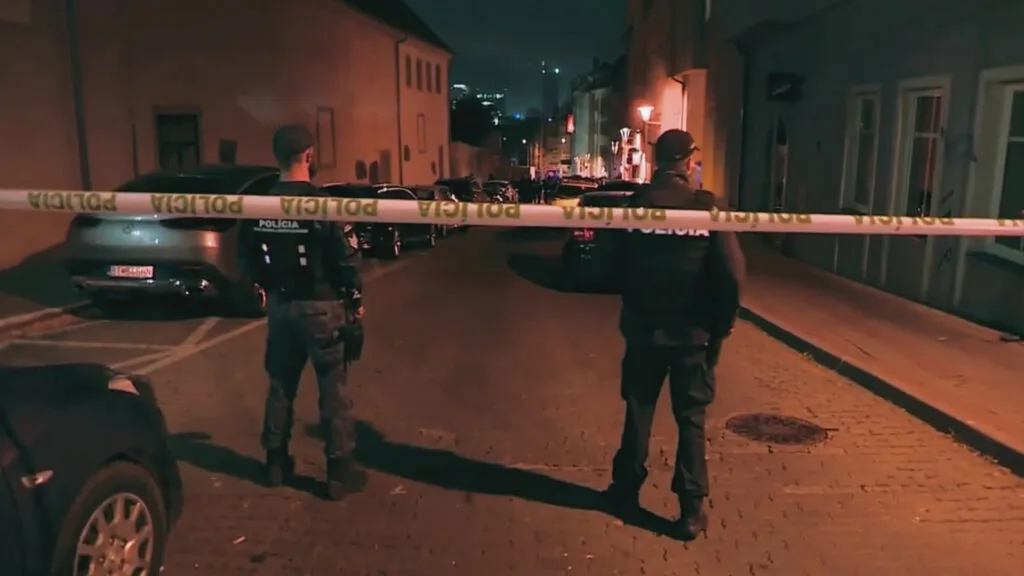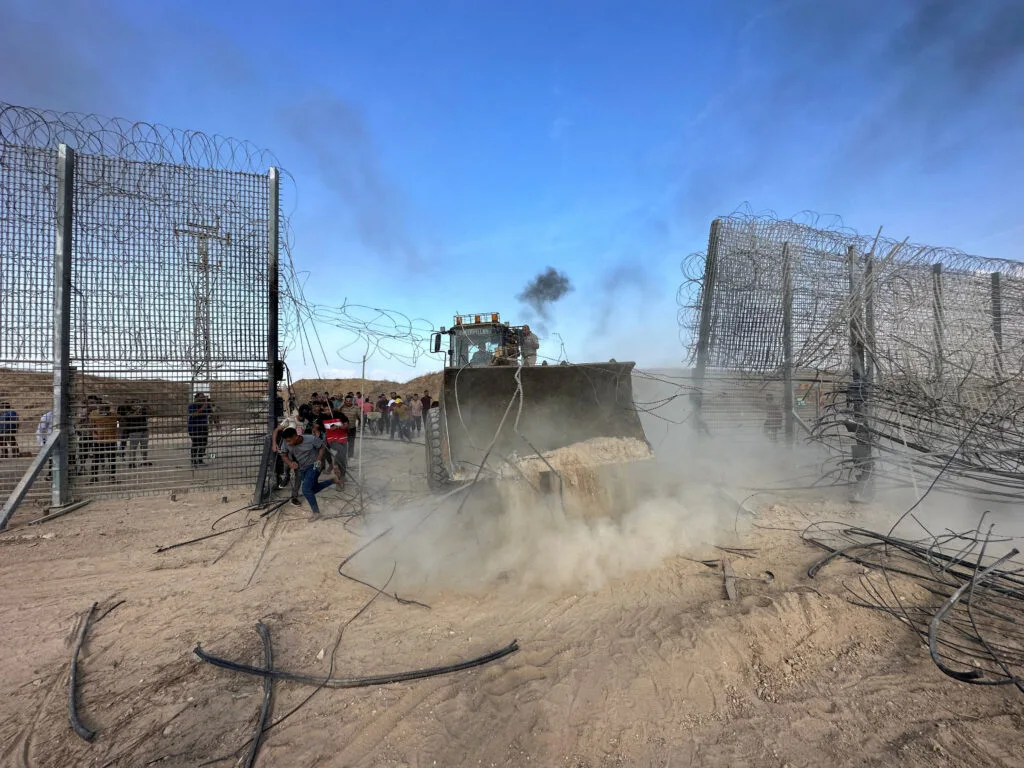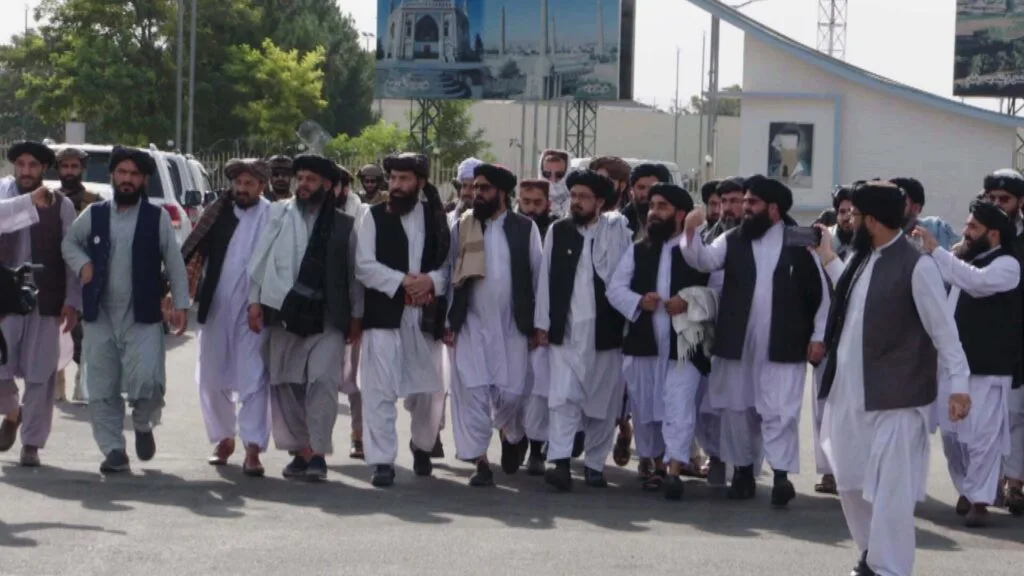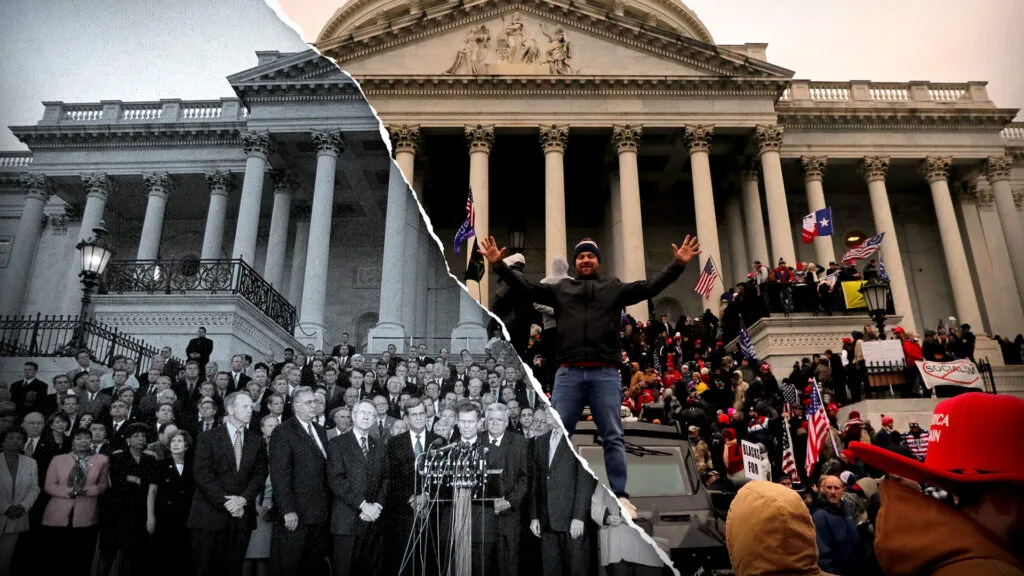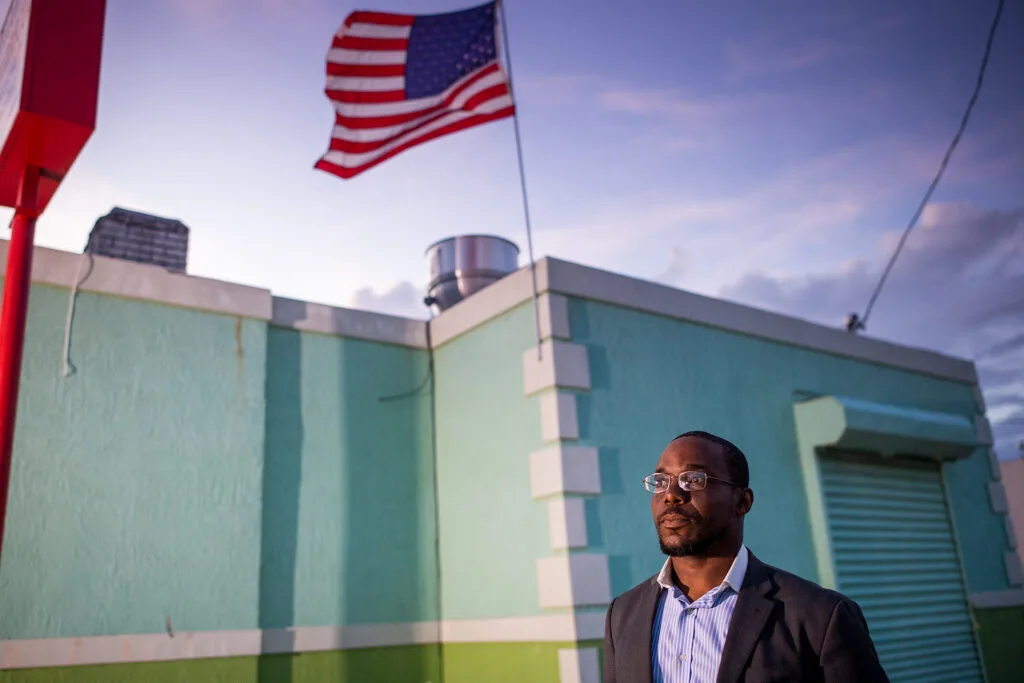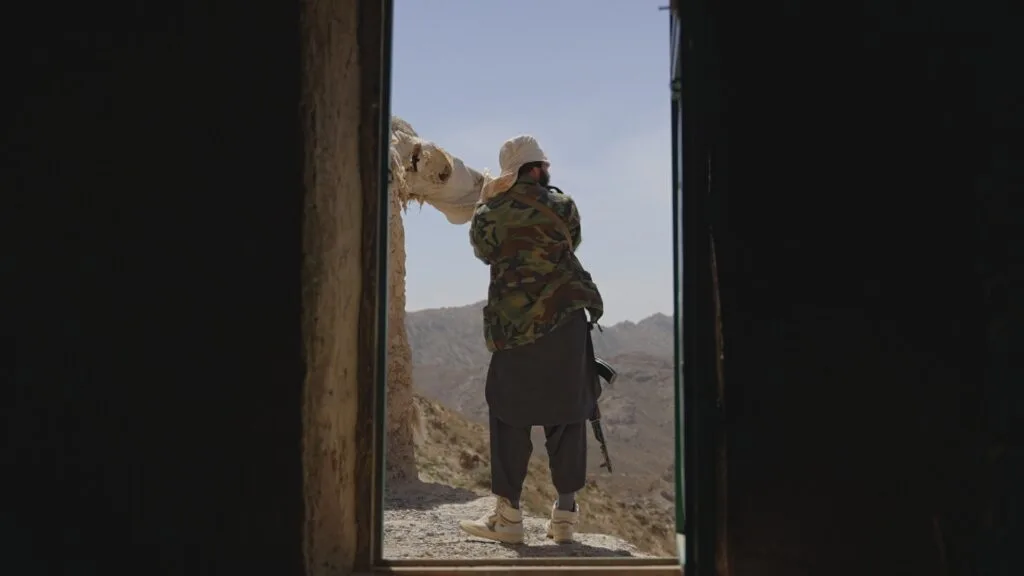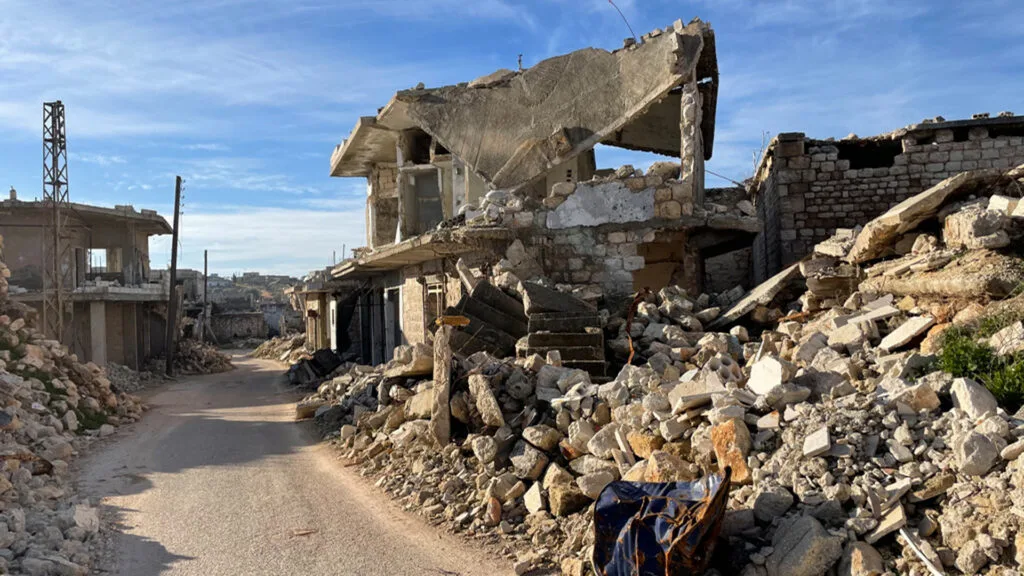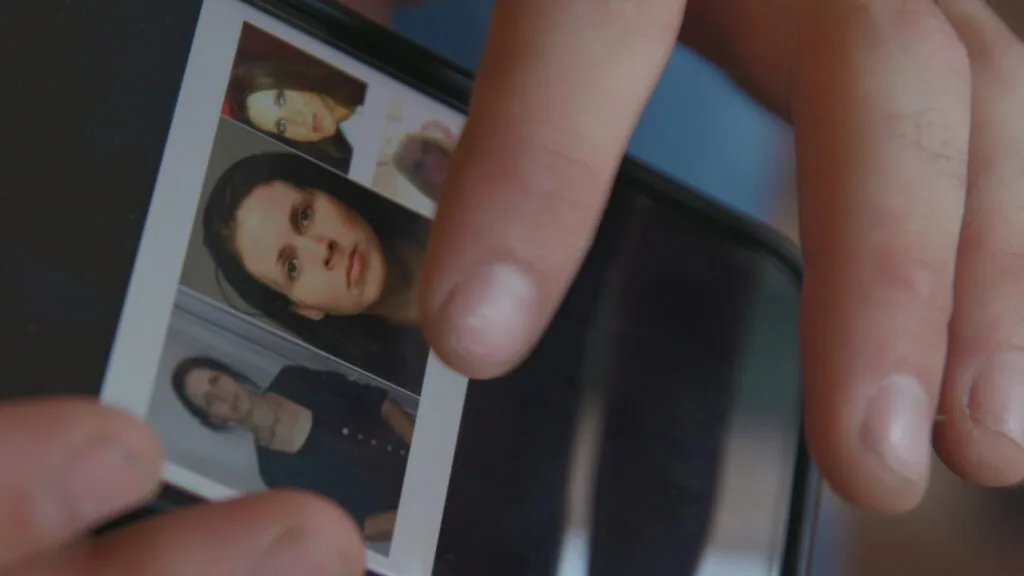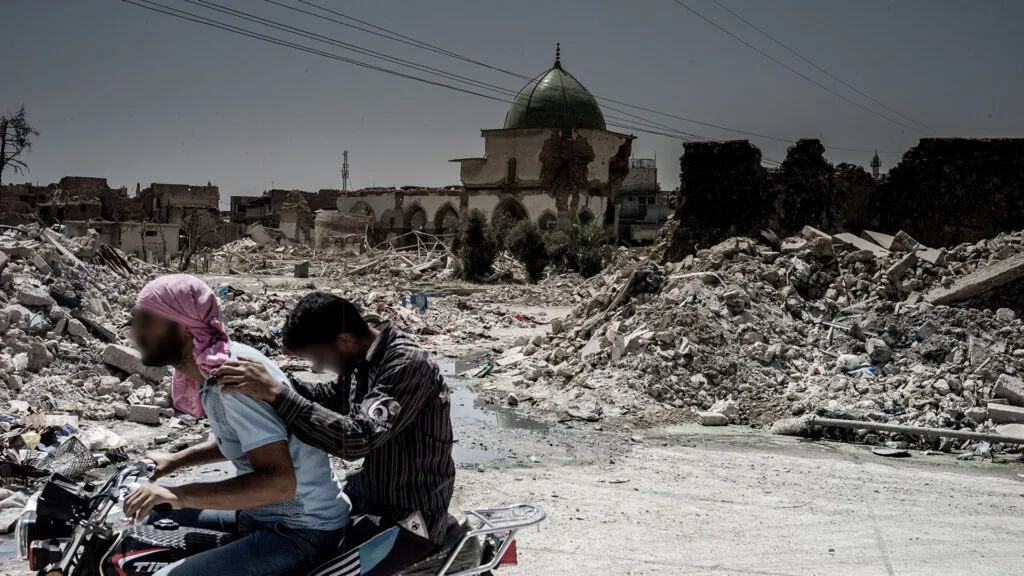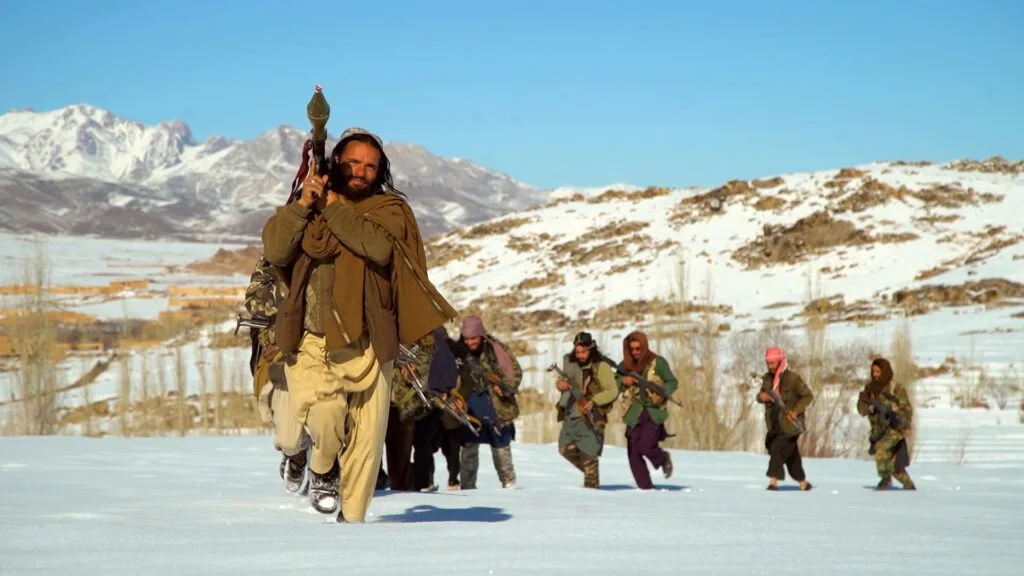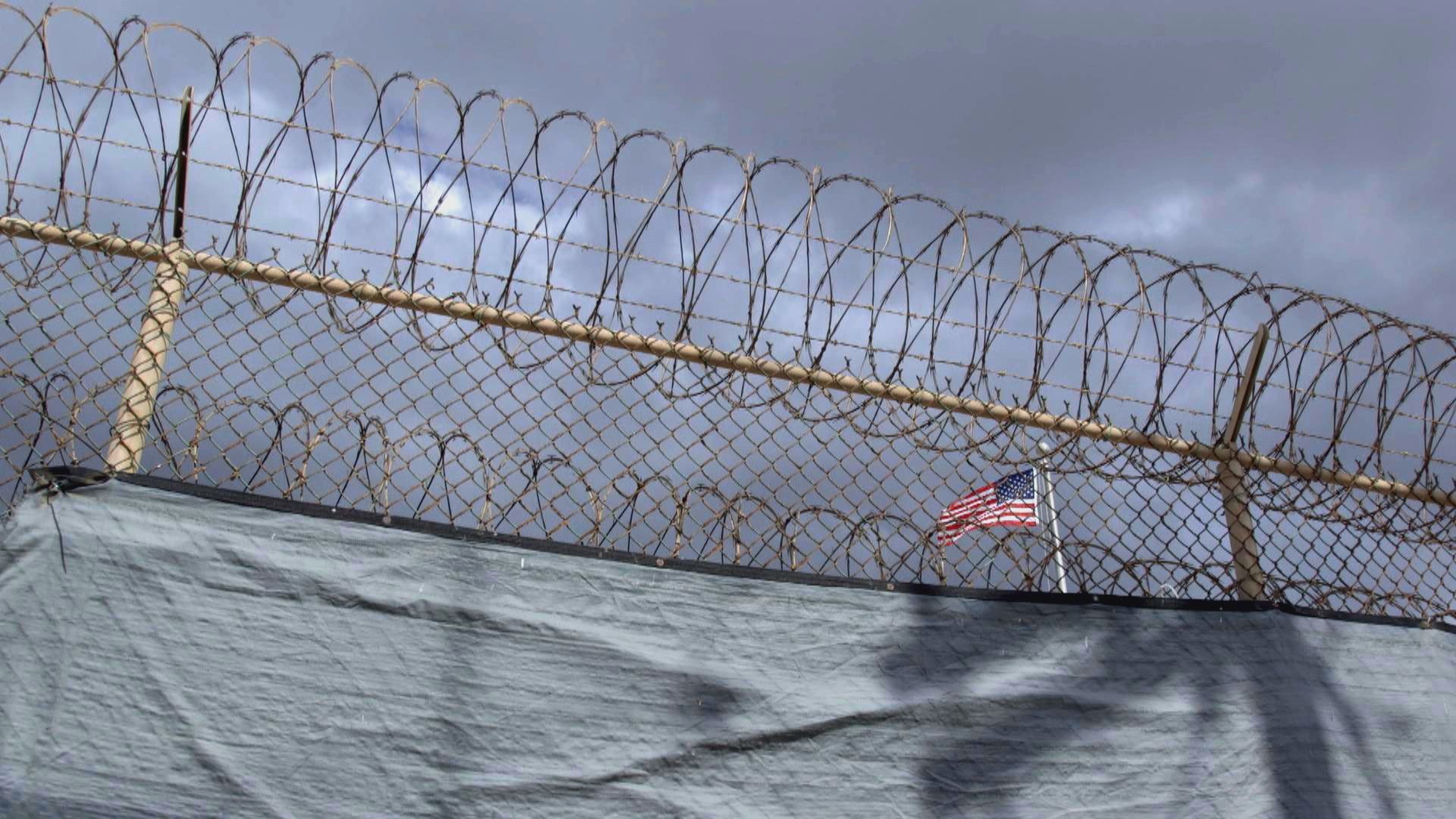Who Controls the Censors at 9/11 Mastermind Tribunal?
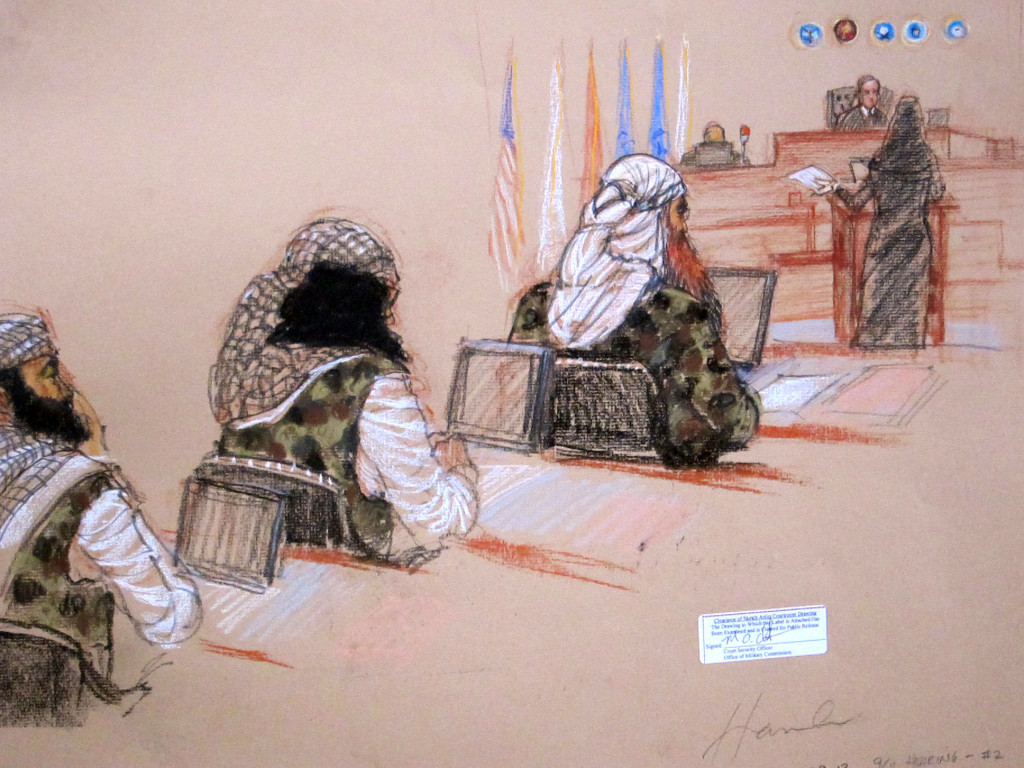
January 28, 2013
Share
The latest round of hearings at the military commission trying 9/11 mastermind Khalid Sheikh Mohammed and four co-defendants opened today at Guantanamo, but by the end of the day it appeared that the judge was not entirely in control of the proceedings.
Attorneys were preparing to argue a defense motion to preserve evidence from CIA “black sites” overseas, where Mohammed and others were kept and interrogated before being transferred to Guantanamo. David Nevin, Mohammed’s lead attorney, had barely spoken a few words before the audio feed from the courtroom abruptly cut out. The courtroom feeds out its audio on a 40-second delay, so if any sensitive classified information is discussed, an appointed court security officer can kill the audio before the information can be heard.
However, in this instance, the court security officer was not responsible; in fact, when the feed was restored, Judge James Pohl was as confused as anyone as to what had happened. Clearly irritated, he announced that he had not initiated the cutoff, and he was, “curious as to why” it happened. Apparently, someone on the prosecution had killed the courtroom feed, or at least knew what was behind it. Prosecutor Joanna Baltes suggested to the judge that the parties discuss the matter in a closed session.
Everyone else — including the assembled journalists, and seemingly the judge himself — had been of the understanding that the court security officer was the only one with access to the button to cut off the feed. Several of the defense attorneys demanded to know who exactly had access to the switch, and even if there were other, unknown parties monitoring and controlling the courtroom feed. The judge said they would address those concerns in a closed session immediately following today’s open court session.
Tomorrow the judge will reveal what part of those conversations and arguments — if any — can be made public.
Update Jan. 29, 4:30 pm Although Judge Pohl had said that an expert on the audio-video system in the court would provide details on the censorship mechanism today, no witness was produced because the judge said he couldn’t find the “right guy or gal” to testify. The prosecution indicated they might know the individual, but no other details were provided, and it was unclear when that testimony might take place.
There was also no clarity on the most controversial point from yesterday: who actually pushed the censor button, if it was not the court security officer. None of the defense attorneys asked about this; it was unclear why, although they may have been bound by orders discussed in yesterday’s private conference.
Update Jan. 29, 6 pm In an interview, James Connell, who is representing defendant Ali Abdul Aziz Ali, described “an original classification authority who separately monitors the communications inside the courtroom” who has the opportunity to kill the feed.
Related Documentaries
Latest Documentaries
Related Stories
Related Stories
Explore
Policies
Teacher Center
Funding for FRONTLINE is provided through the support of PBS viewers and by the Corporation for Public Broadcasting, with major support from Ford Foundation. Additional funding is provided the Abrams Foundation, Park Foundation, John D. and Catherine T. MacArthur Foundation, Heising-Simons Foundation, and the FRONTLINE Trust, with major support from Jon and Jo Ann Hagler on behalf of the Jon L. Hagler Foundation, and additional support from Koo and Patricia Yuen. FRONTLINE is a registered trademark of WGBH Educational Foundation. Web Site Copyright ©1995-2025 WGBH Educational Foundation. PBS is a 501(c)(3) not-for-profit organization.
